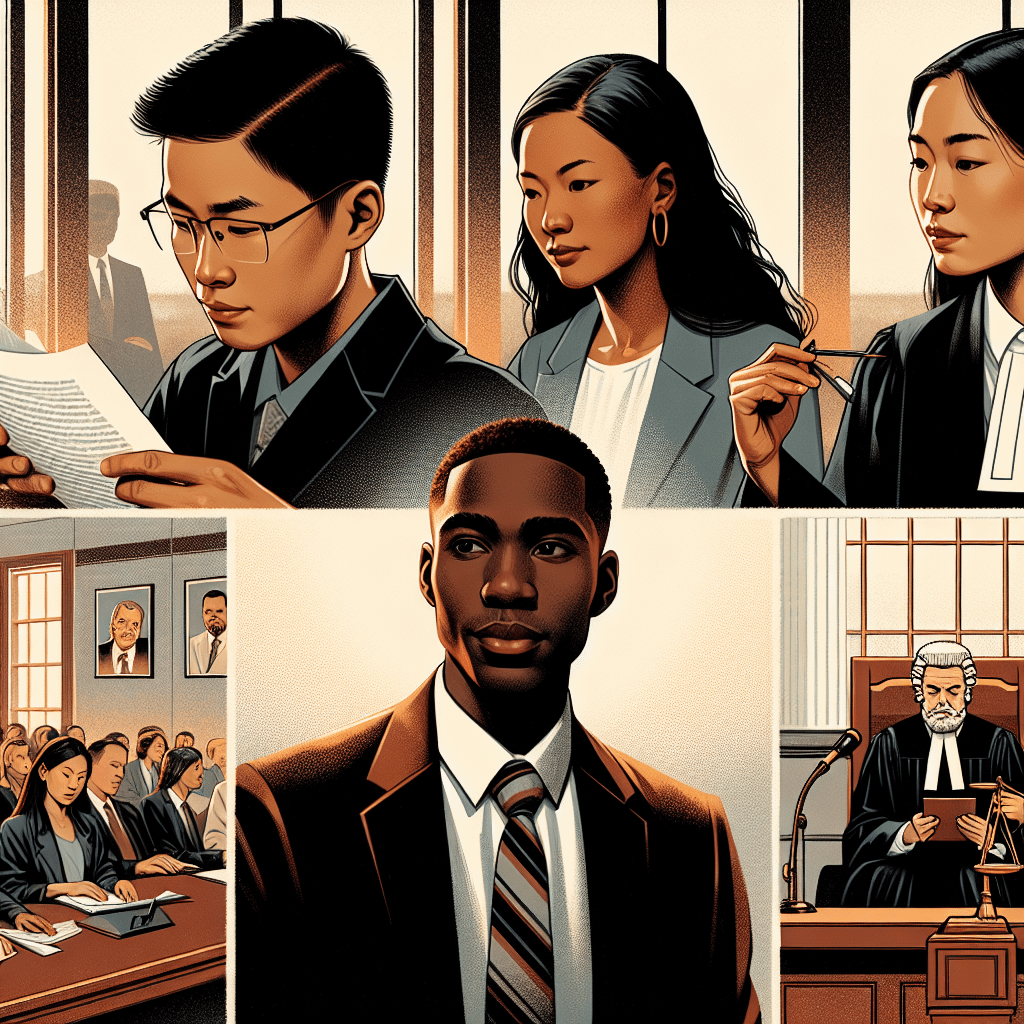What Can I Do if I’m Wrongfully Terminated?
Losing a job unexpectedly can be a difficult and unsettling experience, especially if you suspect your termination was unjust. In the United States, employees have certain rights regarding wrongful termination, and understanding these rights can be crucial in navigating the aftermath of such an event. This article will guide you through what wrongful termination means, how to identify if it happened to you, and what steps you can take to address it.
Understanding Wrongful Termination
Wrongful termination occurs when an employee is fired for an illegal reason. Unlike being let go due to performance issues or company downsizing, wrongful termination involves the breach of employment laws or company policies.
Here are some common unlawful reasons for termination:
1. Discrimination: It’s unlawful to fire someone based on race, color, religion, sex (including pregnancy, gender identity, and sexual orientation), national origin, age (40 or older), disability, or genetic information. For example, if you were fired shortly after disclosing a disability, this could be considered discrimination.
2. Retaliation: Employers are prohibited from firing employees as retaliation for participating in legally protected activities. For instance, if you reported workplace harassment and were terminated soon after, it might be a case of retaliation.
3. Violation of Public Policy: This includes being fired for reasons that violate public policy, such as refusing to commit an illegal act for the employer or taking time off to vote or serve on a jury.
4. Breach of Contract: If you have an employment contract and are terminated in violation of its terms, this constitutes wrongful termination. This can apply to both written and implied contracts.
Steps to Take if You Suspect Wrongful Termination
1. Review Your Employment Contract and Employee Handbook: The first step is to understand any agreements or policies that govern your employment. Review your employment contract, if applicable, and your employer’s handbook for any policies related to termination.
2. Gather Evidence: Start documenting everything related to your termination. This could include emails, performance reviews, and any correspondence that might demonstrate unfair treatment or breach of policy.
3. Consult a Legal Professional: Speak with an employment lawyer who specializes in wrongful termination cases. They can help you evaluate your situation, determine if your termination was indeed unlawful, and advise you on your legal options.
4. File a Complaint with the Appropriate Agency: If you believe you were discriminated against or retaliated against, you can file a complaint with the Equal Employment Opportunity Commission (EEOC). This federal agency investigates discrimination claims and can mediate between you and your former employer.
5. Consider Negotiating a Settlement: Sometimes, it’s possible to settle disputes out of court through negotiation or mediation. With legal guidance, you might be able to reach a settlement with your former employer that compensates you for lost wages or provides other remedies.
6. Pursue Legal Action: If the above steps haven’t resolved the issue, and your lawyer believes you have a strong case, you might consider filing a lawsuit against your former employer. This step can be complex and lengthy, but it might be necessary to achieve justice if negotiations fail.
Practical Tips
- Act Promptly: Legal timelines, known as statutes of limitations, vary depending on the type of claim you’re pursuing. Ensure you take action promptly to preserve your rights.
- Stay Professional: It’s essential to maintain professionalism when communicating about your case, whether with former colleagues, potential employers, or legal advisors.
- Think Long-Term: While pursuing a claim can seem daunting, remember that upholding your rights can also protect future employees from similar treatment and support a fairer workplace environment.
Experiencing wrongful termination can be stressful, but understanding your rights and knowing the steps to take can empower you to address the situation effectively. If you think your termination was unlawful, seeking advice from a professional early on can make a significant difference in navigating your next steps.








